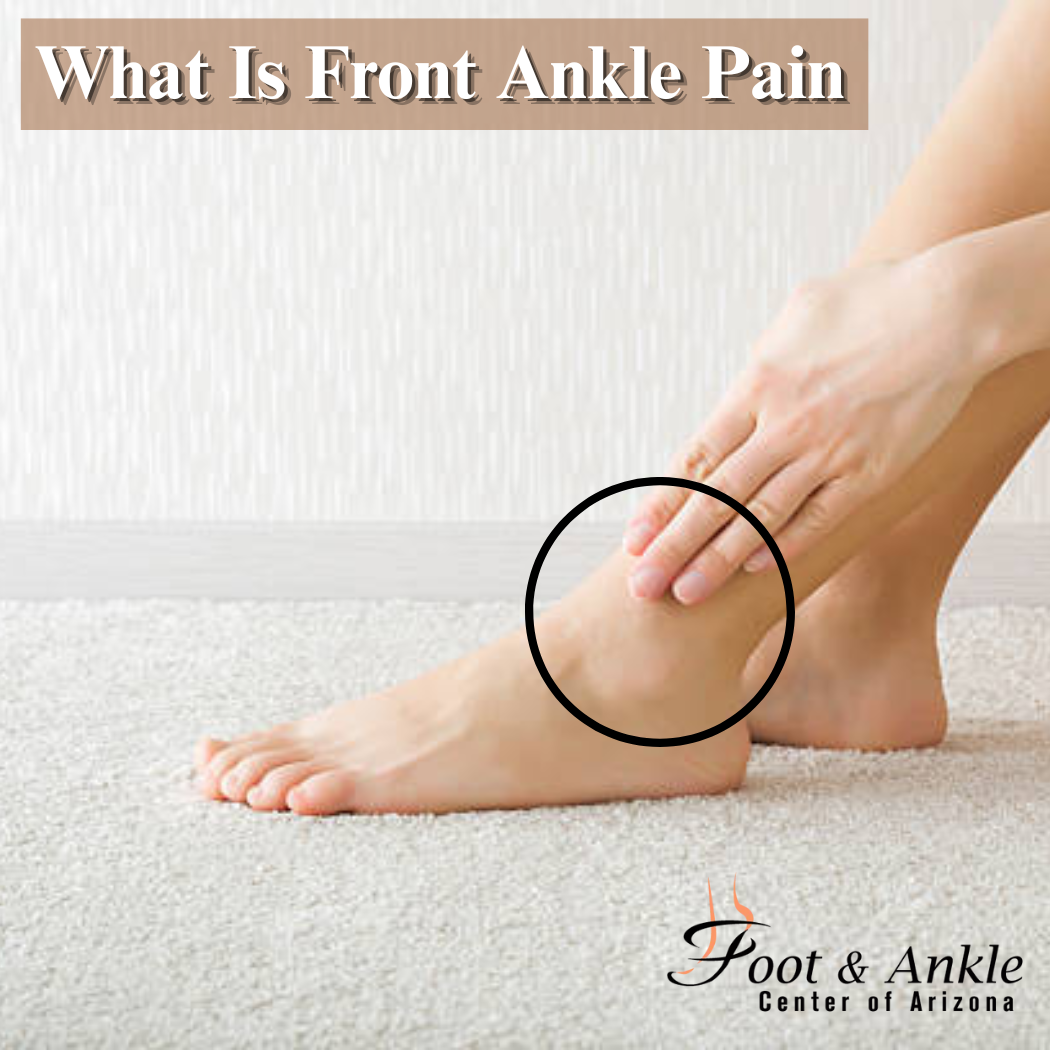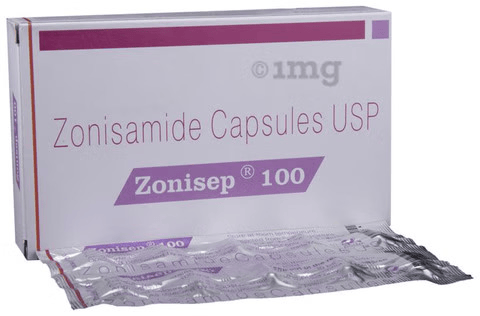
Define Medical VA
A Medical Virtual Assistant (Medical VA) is a trained remote professional who supports doctors, clinics, and healthcare organizations in handling specialized administrative and operational tasks. Unlike a general VA, a Medical VA has expertise in medical billing, EHR updates, patient scheduling, HIPAA compliance, and insurance verification.
By partnering with a Medical VA service, doctors can streamline their workflows, reduce operational overhead, and focus more on patient care. Medical VAs are familiar with healthcare-specific systems like Epic, Cerner, Athenahealth, Kareo, and eClinicalWorks, making them vital to modern healthcare practices.
LSI Keywords: hire medical VA, healthcare VA, medical billing assistant, EHR medical VA
Why Doctors Are Hiring Medical VAs
The modern physician faces overwhelming paperwork. Studies by the American Medical Association (AMA) show that doctors spend nearly two hours on administrative tasks for every hour of direct patient care. That’s a recipe for burnout.
This is why hiring a Medical VA is becoming standard practice. Here’s why:
- Reduced workload – Delegating billing, insurance calls, and scheduling.
- HIPAA compliance – Ensuring patient data security.
- Cost savings – More affordable than hiring in-house full-time staff.
- Scalable staffing – Easily add more VAs as patient volume grows.
- Enhanced patient experience – Faster communication and fewer errors improve satisfaction.
Reference: AMA Study on Physician Burnout.
Key Benefits for Clinics and Healthcare Practices
When a clinic adopts a Medical VA, the impact is significant:
| Benefit | Impact |
|---|---|
| Less Physician Burnout | Doctors reclaim valuable hours for patient care. |
| Revenue Cycle Optimization | Claims are submitted correctly and faster. |
| Error-Free EHR Management | Accurate patient data reduces legal risks. |
| Flexible Scheduling | Time-zone coverage for after-hours tasks. |
| Lower Overhead | No office costs, equipment, or full-time salaries. |
| Higher Patient Satisfaction | Timely reminders and follow-ups improve trust. |
Internal Link: Learn how Care VMA Health’s HIPAA-trained team delivers these benefits to clinics and hospitals.

Medical Virtual Assistant
Difference Between Medical VA and General VA
A general VA may handle tasks like emails, research, or social media, but a Medical VA brings medical-specific expertise:
| Aspect | General VA | Medical VA |
|---|---|---|
| Healthcare Knowledge | None | Proficient in medical terminology & billing |
| Compliance | Not trained | HIPAA-certified |
| Tools | Google Suite, Zoom | EHRs like Epic, Kareo, Allscripts |
| Tasks | Admin, scheduling | Billing, coding, EHR updates, insurance claims |
In short, a Medical VA is indispensable for any clinic aiming to stay compliant and efficient.
LSI Keywords: doctor’s virtual assistant, HIPAA medical VA, healthcare remote assistant
Skills and Tools Specific to Healthcare
The right Medical VA must bring both technical and soft skills. Key skills include:
- Medical Billing & Coding: Proficiency in ICD-10, CPT, HCPCS codes.
- EHR Proficiency: Experience with Epic, Cerner, Athenahealth, eClinicalWorks.
- HIPAA Knowledge: Secure handling of PHI and compliance training.
- Patient Communication: Professional, empathetic, and clear.
- Time Management: Juggling multiple tasks without error.
Reference: EHR Best Practices – HealthIT.gov.
Internal Link: Explore EHR and Billing Services offered by Care VMA Health.
Example Tasks (Billing, EHR Updates, Patient Scheduling)
Some of the common tasks Medical VAs handle include:
- Medical Billing: Submitting insurance claims, managing denials.
- EHR Updates: Adding patient histories, labs, and diagnoses.
- Scheduling: Coordinating appointments and follow-ups.
- Insurance Verification: Checking coverage before procedures.
- Patient Communication: Sending reminders, handling queries.
Internal Link: For hiring tips, read Key Qualities to Look For in a Medical VA.
Doctor’s Virtual Assistant
Role in Supporting Doctors Directly
A Doctor’s Virtual Assistant functions as the physician’s right hand. They manage schedules, prepare patient summaries, draft referral notes, and handle administrative coordination with labs, nurses, and insurance teams.
With Care VMA Health, you get assistants who understand U.S. healthcare workflows and ensure doctors can maximize their clinical efficiency.
Importance of Trust and Confidentiality
Trust is critical. A Medical VA handles sensitive Protected Health Information (PHI), which requires compliance with HIPAA. Doctors must confirm their VA works on encrypted systems, signs a Business Associate Agreement (BAA), and has prior training.
Reference: HIPAA Guidelines – HHS.gov.
Handling Sensitive Patient Data
Best practices:
- Role-based EHR access.
- Secure VPN and encrypted email.
- Regular HIPAA compliance audits.
Internal Link: Learn more about HIPAA-trained Medical VAs offered by Care VMA Health.
Key Qualities to Look For in a Medical VA
When choosing the right Medical VA, doctors should check for:
- HIPAA Compliance – Essential for data security.
- Medical Billing Experience – Strong knowledge of coding & insurance.
- EHR Knowledge – Must work seamlessly with your system.
- Communication Skills – Patient-friendly and professional.
- Time Zone Flexibility – Aligns with clinic operations.
- Trial Projects – Test them with real tasks before long-term hiring.
Internal Link: Check out our Virtual Medical Assistant hiring guide for step-by-step support.

VMA
Meaning of VMA
VMA stands for Virtual Medical Assistant, which is essentially the same as Medical VA but often refers to assistants trained under healthcare agencies like Care VMA Health.
How VMA Relates to Medical VA
Both terms are interchangeable, though VMAs are usually seen as more credentialed, HIPAA-trained, and specialized.
Quick Checklist for Hiring
Before hiring, ensure your VMA:
- Is HIPAA-trained
- Has billing and EHR experience
- Provides references
- Passes a trial task







